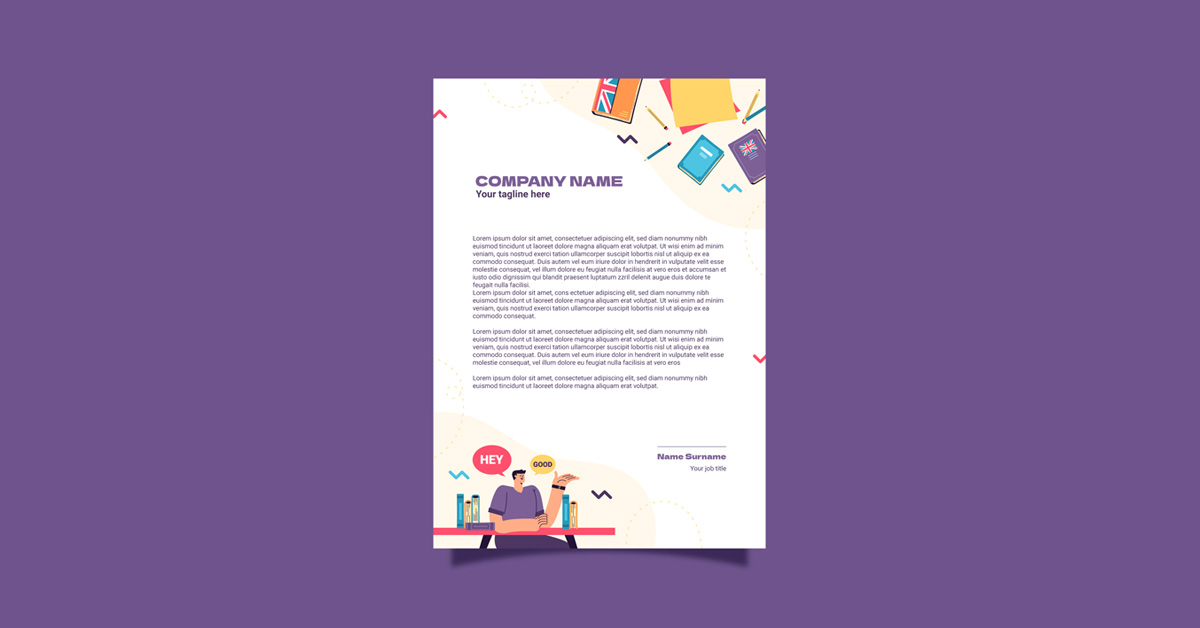Navigating the journey from education to employment can be challenging, but utilizing the right career resources can make a significant difference. Here are ten essential career resources every student should know to enhance their job search and career planning efforts.
1. Indeed
Indeed is a leading job portal that connects millions of people to new career opportunities. It offers a vast database of job listings, company reviews, and salary insights, making it an invaluable resource for job seekers.
2. LinkedIn
LinkedIn is a professional networking platform that allows you to connect with industry professionals, join groups related to your field, and search for job opportunities. It also offers career insights and resources to help you advance in your career.
3. 360Career
360Career is a non-profit organization to provide career guidance and access to resources & opportunities for pre-university students and undergraduates.
4. Glassdoor
Glassdoor provides company reviews, salary information, and interview insights shared by employees and job candidates. It helps you make informed decisions about potential employers and prepare effectively for interviews.
5. CareerExplorer
CareerExplorer offers a comprehensive career assessment that helps you identify career options aligned with your personality traits and interests. It provides personalized career recommendations and detailed insights into various careers.
6. BigFuture by College Board
BigFuture helps students explore career possibilities, search over 900 career profiles, and find educational pathways to achieve their career goals. It also provides tools and resources for college planning and financial aid.
7. CareerOneStop
Sponsored by the U.S. Department of Labor, CareerOneStop offers tools for job searches, career exploration, and educational resources. It’s an excellent resource for students looking to plan their careers and find training opportunities.
8. CollegeXpress
CollegeXpress provides job search resources specifically for college students, including resume and cover letter tips, job listings, and advice on how to navigate career fairs and networking events.
9. O*NET OnLine
O*NET OnLine is a valuable tool for career exploration and job analysis. It provides detailed descriptions of the world of work, helping students understand the skills and qualifications needed for various occupations.
10. Grow with Google
Grow with Google offers free training, tools, and resources to help students develop digital skills, prepare for careers, and find job opportunities. It’s a great resource for improving your tech skills and boosting your employability.
11. Zety
Zety provides resume and cover letter templates, along with a builder tool that helps you create professional documents tailored to your job applications. It also offers career advice and job search tips.
Utilizing these top career resources can significantly enhance your job search and career planning efforts. From job portals and professional networks to career assessments and educational tools, these platforms provide valuable support for every stage of your career journey. Explore these resources today to set yourself up for success!


